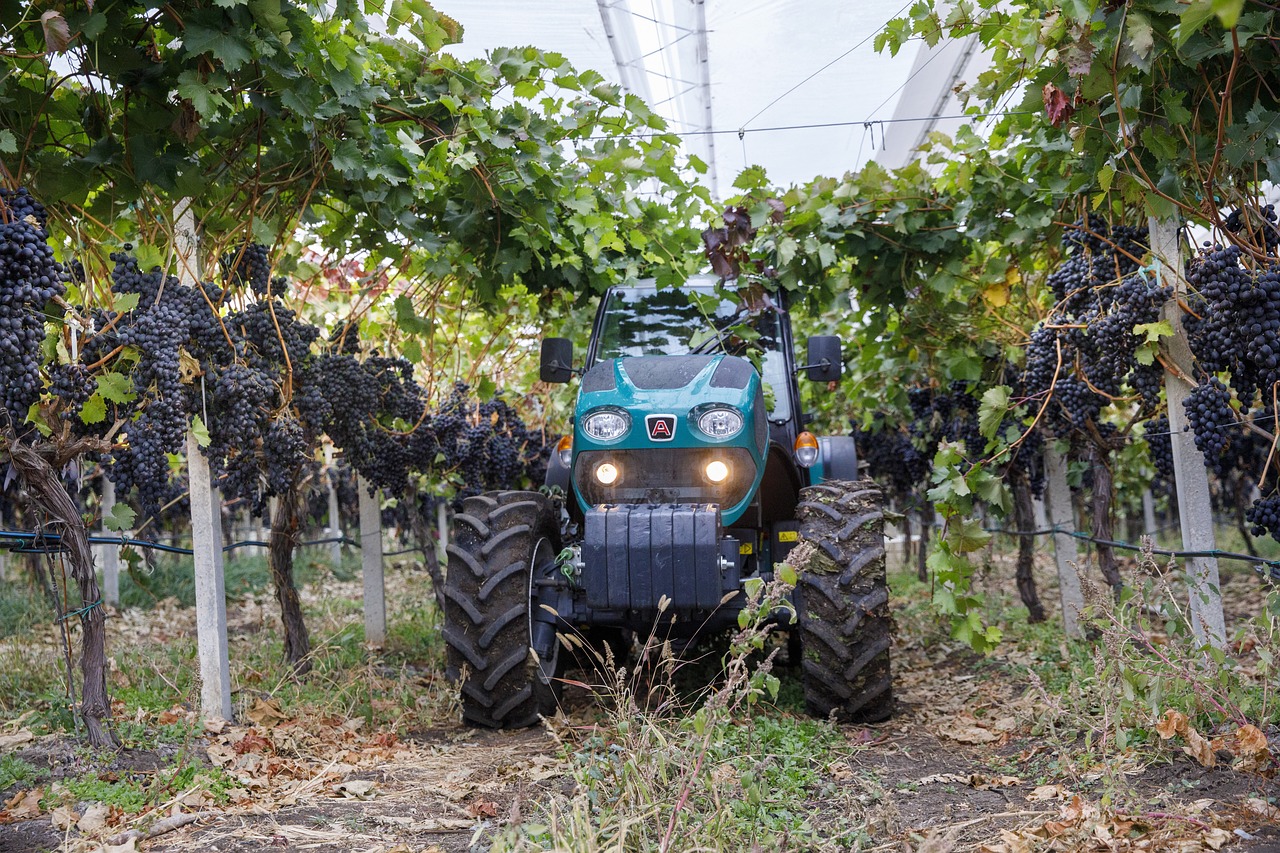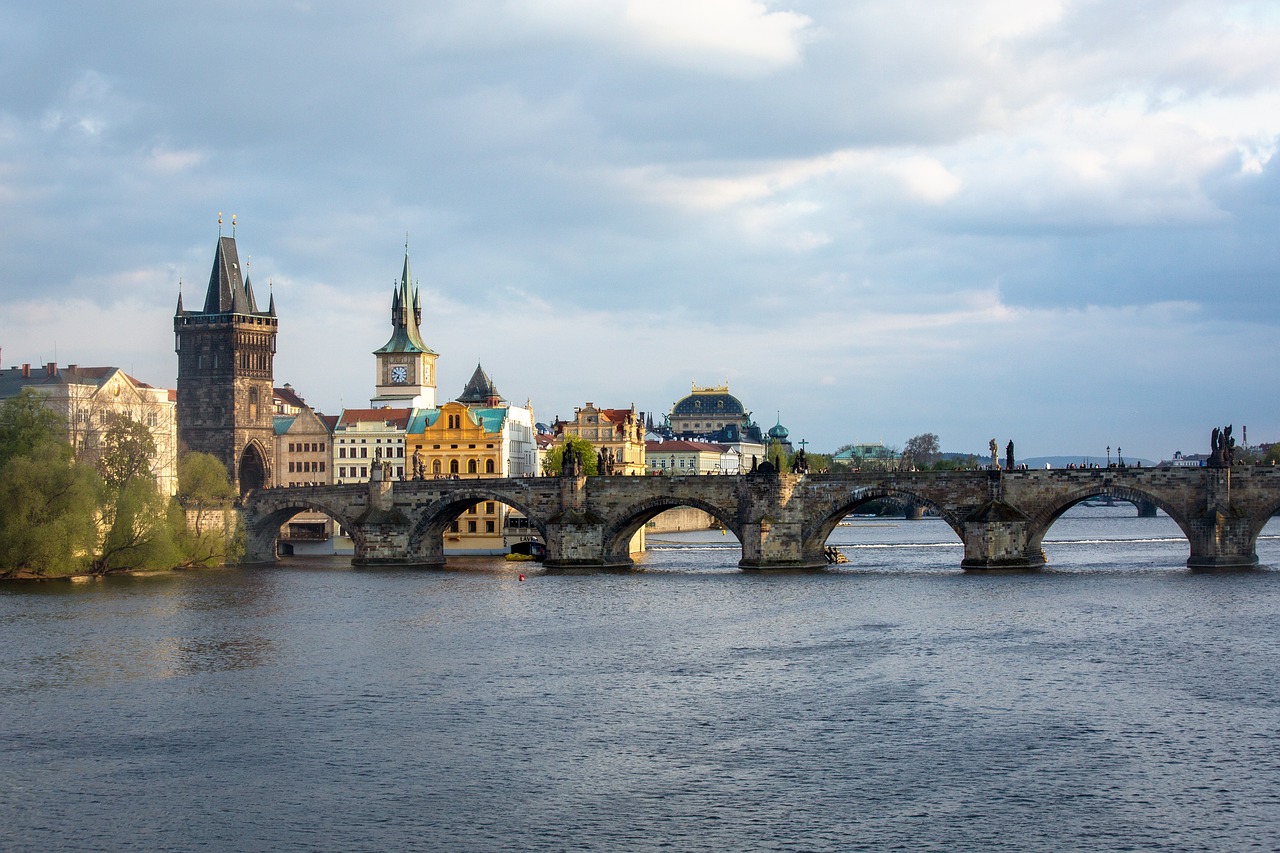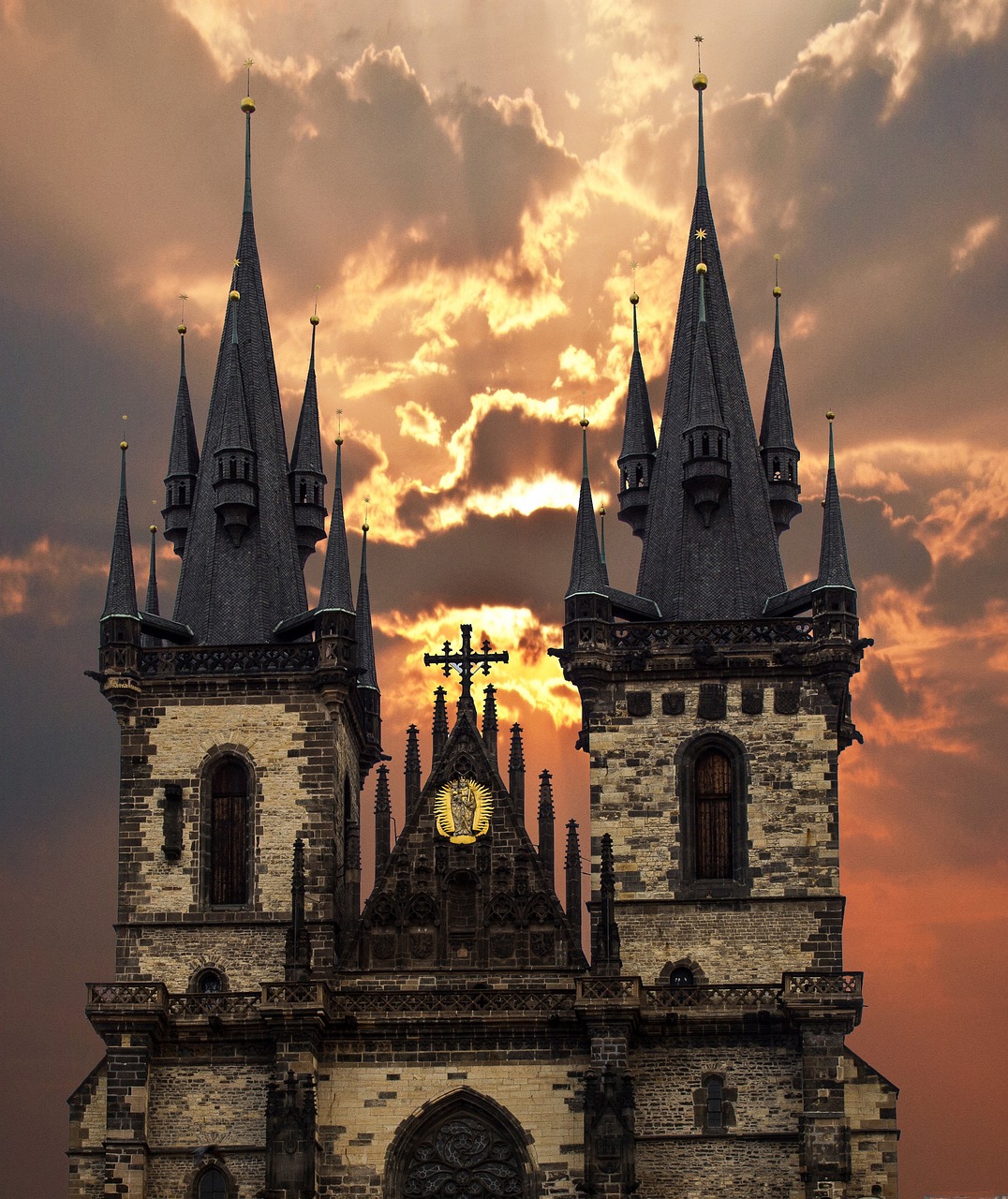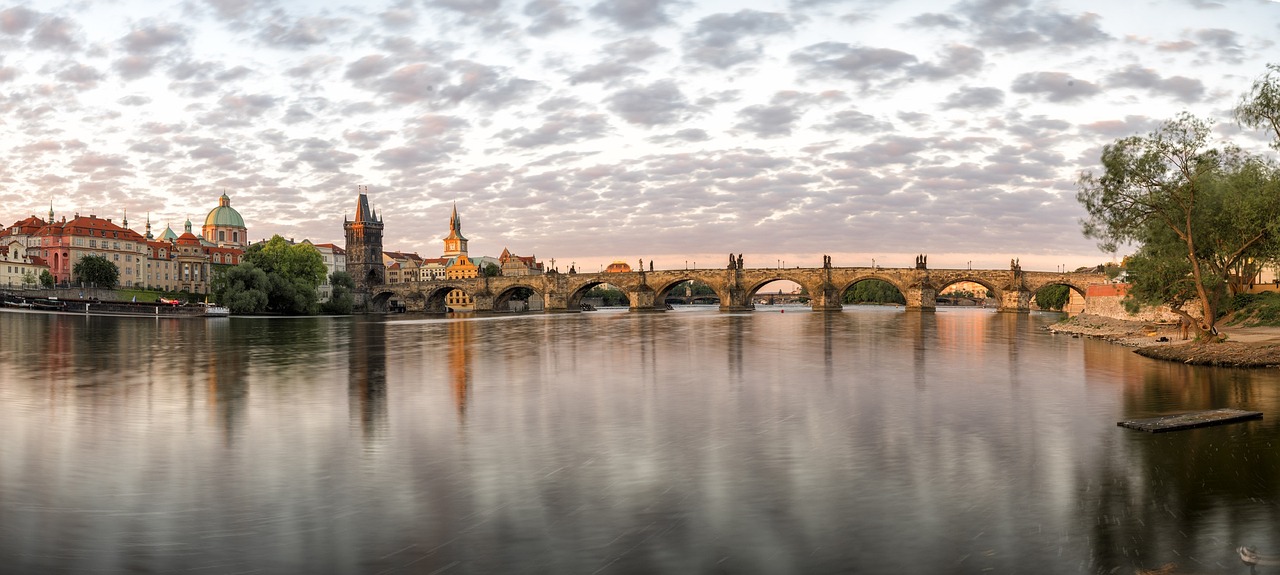Moldova Video
Cultural Sensitivities: Understanding Local Norms in Moldova
Moldova, a landlocked country in Eastern Europe, is known for its rich cultural heritage and diverse traditions. To fully appreciate the local experience and avoid unintentional offense, it is crucial to understand and respect the cultural sensitivities of the Moldovan people. This article aims to provide valuable insights into the local norms and customs that should be observed while visiting Moldova.
Language and Communication
- Moldovan Language: The official language of Moldova is Moldovan, which is very similar to Romanian. It is advisable to learn a few basic phrases in Moldovan or Romanian to facilitate communication with the locals.
- English Proficiency: While younger generations in urban areas may have some knowledge of English, it is not widely spoken or understood throughout the country. It is recommended to carry a phrasebook or use translation apps to bridge any language barriers.
- Non-Verbal Communication: Moldovans value personal space and maintain a moderate level of physical contact during interactions. It is polite to greet with a handshake and maintain eye contact during conversations.
Religion and Customs
- Orthodox Christianity: The majority of Moldovans belong to the Orthodox Christian faith. When visiting churches or monasteries, it is important to dress modestly and behave respectfully, refraining from loud conversations or taking photographs without permission.
- Easter Traditions: Easter is a significant holiday in Moldova. It is customary to exchange colored eggs and attend midnight church services. Visitors are welcome to participate, but it is essential to follow the local customs and traditions.
- Superstitions: Moldovans have various superstitions and beliefs. It is considered impolite to whistle indoors, as it is believed to bring bad luck. It is also customary to bring a small gift when visiting someone’s home.
Food and Dining Etiquette
- Moldovan Cuisine: Traditional Moldovan cuisine is influenced by both Romanian and Russian flavors. Popular dishes include mamaliga (cornmeal porridge), placinta (stuffed pastry), and sarmale (cabbage rolls).
- Table Manners: Moldovans appreciate punctuality when invited to someone’s home for a meal. It is customary to wait for the host to start eating and to compliment the food. Leaving a small amount of food on the plate indicates that you are satisfied.
- Toasting: Toasting is an essential part of Moldovan dining culture. It is common for the host to propose a toast, and it is polite to reciprocate. When toasting, make direct eye contact and clink glasses with everyone at the table.
Social Etiquette
- Greetings: Moldovans greet each other with a kiss on both cheeks, even when meeting for the first time. It is customary to address people using their formal titles, such as “domnul” (Mr.) or “doamna” (Mrs.), followed by their last name.
- Punctuality: Being punctual is highly valued in Moldova. Arriving a few minutes early for appointments or social gatherings is considered respectful.
- Gift Giving: When invited to someone’s home, it is customary to bring a small gift for the host. Flowers, chocolates, or a bottle of wine are appropriate choices. Avoid giving yellow flowers, as they are associated with funerals.
Gender Roles
- Traditional Gender Roles: Moldova has traditional gender roles where men are typically expected to be the main providers, while women often take care of the household and children. However, these roles are evolving, especially among the younger generations.
- Respect for Women: Moldovan culture emphasizes respect for women. It is important to treat women with courtesy and avoid making sexist or demeaning remarks.
- Dress Code: Moldovans generally dress conservatively, especially in rural areas and religious settings. It is advisable to dress modestly and avoid revealing clothing to show respect for local customs.
Image 1

Traditions and Festivals
- Mărţişor: Mărţişor is a traditional celebration on March 1st, symbolizing the arrival of spring. It involves exchanging red and white thread bracelets as a good luck charm.
- National Wine Day: Moldova is renowned for its wine production, and National Wine Day is celebrated annually in October. Visitors can enjoy wine tastings, traditional music, and cultural performances during this event.
- Christmas and New Year: Moldovans celebrate Christmas on December 25th and New Year’s Eve on December 31st. Festivities include family gatherings, festive meals, and fireworks.
Arts and Crafts
- Carpet Weaving: Moldova has a long-standing tradition of carpet weaving. Visitors can explore workshops and purchase intricately crafted carpets as souvenirs.
- Embroidery: Traditional Moldovan embroidery is a beautiful art form. It often features intricate patterns and vibrant colors. Embroidered items like blouses and tablecloths make excellent gifts.
- Pottery: Moldovan pottery is known for its unique designs and craftsmanship. Many artisans create hand-painted ceramics, including plates, bowls, and decorative items.
Image 2

Etiquette in Public Places
- Public Transportation: When using public transportation, it is customary to give up your seat to elderly or pregnant passengers. Avoid loud conversations or disruptive behavior.
- Smoking: Smoking is prohibited in enclosed public spaces, including restaurants, cafes, and public transport. Look for designated smoking areas if you need to smoke.
- Tipping: Tipping is not mandatory in Moldova, but leaving a small tip for good service is appreciated. Typically, rounding up the bill or leaving 10% of the total amount is sufficient.
Nature and Outdoor Activities
- Wine Tours: Moldova is famous for its vineyards and wineries. Wine enthusiasts can enjoy tours that offer tastings and insights into the winemaking process.
- Outdoor Etiquette: When exploring Moldova’s natural landscapes, it is important to respect the environment. Avoid littering, stick to designated trails, and follow any guidance provided by local authorities.
- Picnics and Barbecues: Moldovans enjoy picnics and barbecues in the countryside. If you plan to have a picnic, ensure that you clean up after yourself and leave the area as you found it.
Image 3

Conclusion
By understanding and respecting the cultural sensitivities of Moldova, visitors can have a more immersive and enriching experience. From language and communication to dining etiquette and traditions, embracing the local norms ensures a positive and respectful interaction with the Moldovan people.
References
– moldova.md
– visitmoldova.md
– lonelyplanet.com/moldova
– worldtravelguide.net/moldova


